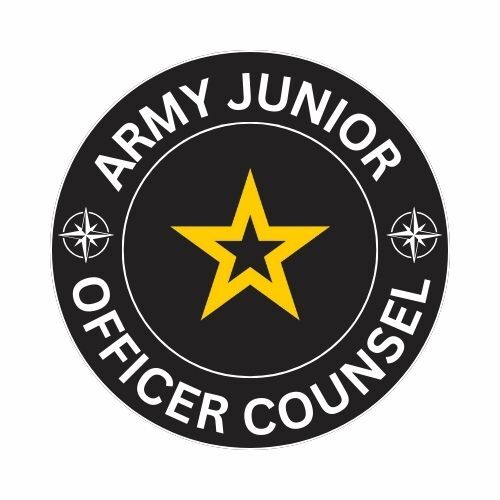Drive by Leadership
It was about 4:30 am and my Soldiers were showing up for their law enforcement shift. I was going to work in place of one of them, giving a lucky Soldier an unexpected day off. After pairing up with my “partner” for the shift, a junior Soldier, I ask him “what are you going to teach me today?” The Soldier looked surprised as I was the leader in the organization. I told him that he had been doing law enforcement longer than I had, so he had something to teach me. We eventually settled on a few law enforcement related skills we would cover that shift. I did this out of a genuine desire to learn but discovered how powerful this technique could be in an organization.
Giving subordinates a chance to share their knowledge also helps them feel like they have something to contribute and are a valuable member of the team. Throughout my career, I have firmly believed that Soldiers have a lot to offer and that spending time with them in professional settings is essential for a leader. I have yet to have a subordinate that did not know something better than me. As a Platoon Leader I would pick Soldiers to teach me various skills they knew specific to their Military Occupation Specialty or our unit. Not only did I learn a great deal by doing this, it also tied my Soldiers to my success as a leader. When they felt like they had a role in my development, they were more likely to support me and help me be successful. After all, no one wants to see someone they taught fail.
Working with my Soldiers for an 8-12 hour shift gave me a lot of time to talk with the Soldier one-on-one. I also modified this technique as a commander. My unit had missions and supported organizations throughout Europe. If I needed to travel somewhere, I would always try to take a different Soldier with me to support the mission. Spending hours in the car together traveling to another military installation or on shift is a great way to get to know someone. If one of the vehicles had a broken radio, I would usually request that vehicle because people tend to hate silence, so no radio meant more talking. I learned a lot about my Soldiers’ lives, their families, and the crucibles/triumphs they faced with only an hour or two in the car. Knowing this information meant I could better lead each Soldier and I could suggest resources for any challenges they may still be facing.
Spending time with my Soldiers and learning from them also allowed me to lead the organization better. The long vehicle rides meant I could learn about issues I may not be aware of, what my subordinates thought about how things were being run, and a whole host of other information. The rides were also a way for me to get feedback on my performance or about an idea we were looking at implementing in the organization. I fully understand that subordinates may not have the necessary information to make a judgement on a leader’s ability in every situation, but that does not mean their feedback isn’t valuable. Their perspective matters because perception can sometimes be reality. It can also give a leader insight into how to better communicate decisions within the organization. Additionally, some of the best, most candid feedback I have received has been from subordinates. Peers and superiors have provided great feedback as well, but I would be worse off and less successful if not for what my subordinates provided me during the long vehicle rides or during shift work.
While many leaders may not consider riding in a vehicle as an opportunity to grow, it has proven an invaluable technique for me. Subordinates have a lot of knowledge and provide a unique perspective for any leader. Even more important, knowing those you lead is essential because it is one way to demonstrate that you actually care. Letting subordinates express their thoughts and frustrations can go a long way in improving the overall climate of the organization. Just feeling heard can make all of the difference. By getting to know your subordinates, hearing their perspective, and incorporating them into your development as a leader, you will undoubtedly leave the organization in a better place and be a more successful leader.
The great thing about car rides is that they are usually unavoidable. I had to accomplish the mission at another location, I was going to work law enforcement shifts, and I had many other reasons I needed to be in a car with subordinates (including subordinate officers as I became a captain). It took no additional time out of my day and no additional energy. All I had to do was turn down the tunes, shut off the social media, and listen.
How have you had subordinates assist in your development? What experiences do you have where spending time with subordinates outside of the traditional mission directed tasks led to successes down the road? How do you set limitations so shared experiences with subordinates remain professional?
———
Chad Plenge teaches leadership psychology at the United States Military Academy and develops high potential leaders with the US Army’s Center for Junior Officers. He holds a Master of Arts in Organizational Psychology from Columbia University, a Master of Business Administration, and a Bachelor of Science from the United States Military Academy. Chad is a certified Project Management Professional and an active duty officer in the US Army. In his free time, he serves as the President of the board of directors as well as an Assistant Director for a non-profit organization.



